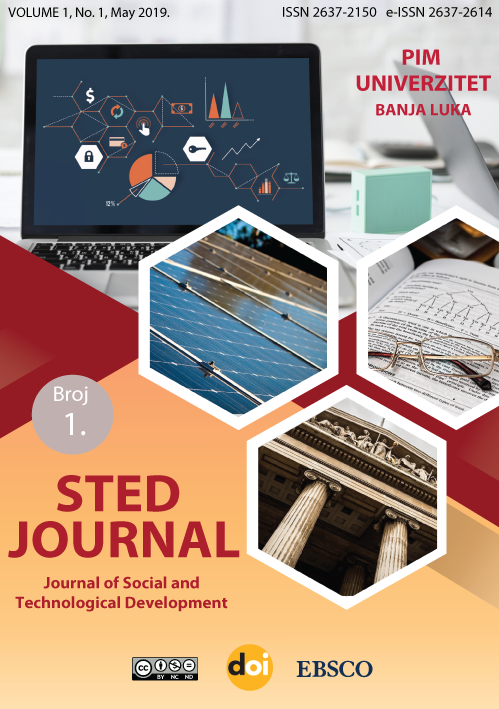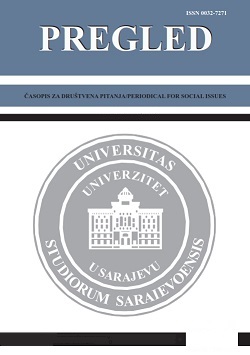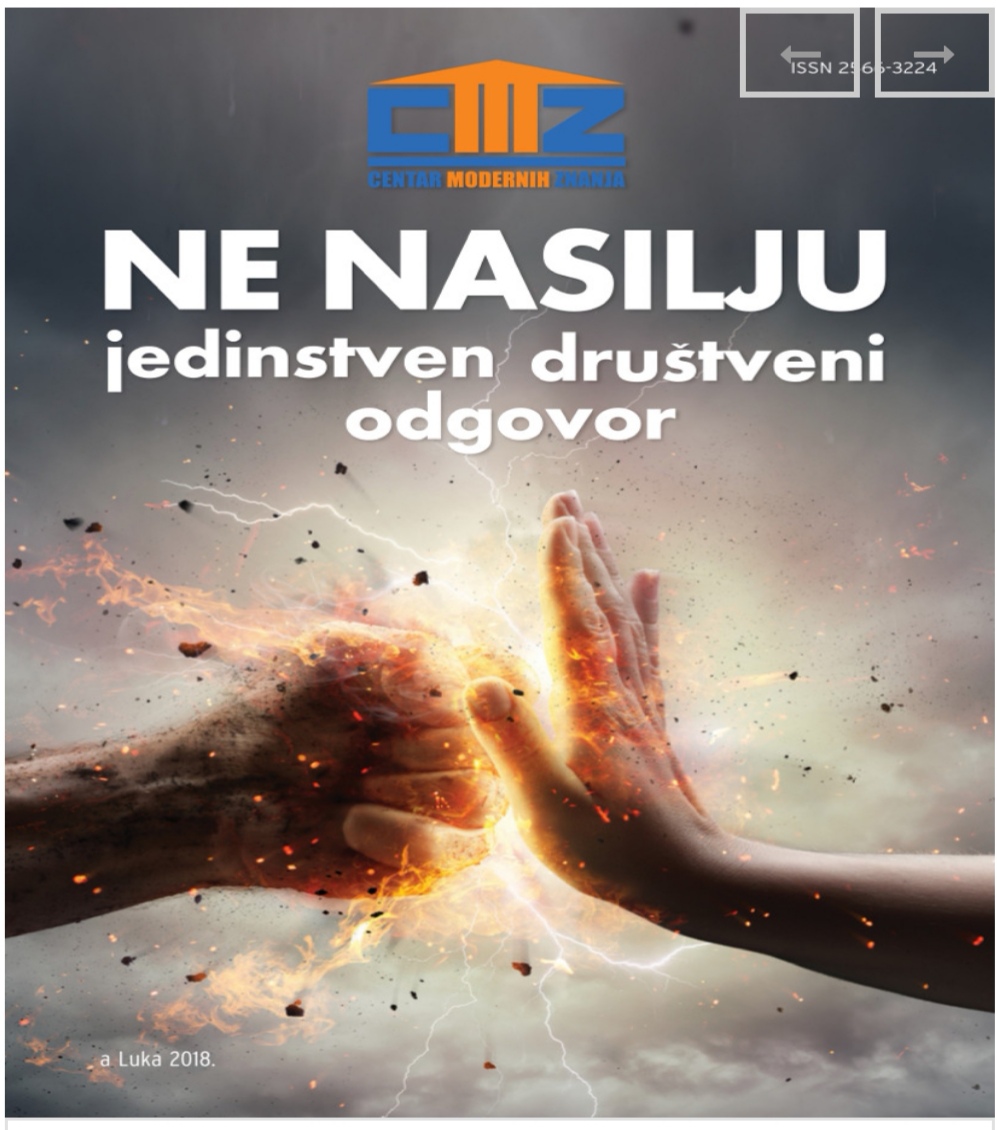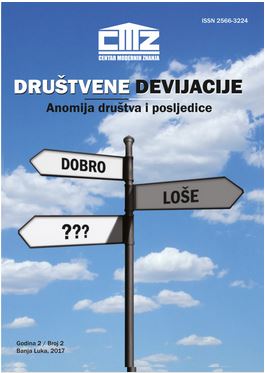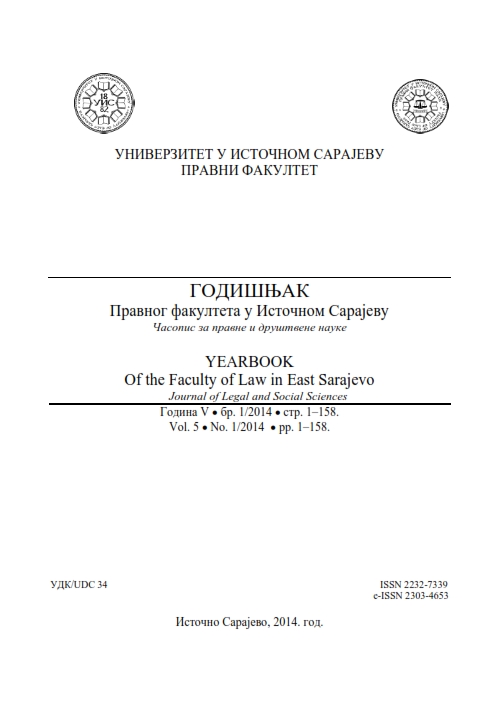
Çarlık Rejimi Gölgesinde Rus Yahudileri: 1881-1882 Pogromları
In the 19th century, the political and ideological complexities social conflicts and economic impotence of the Tsarist Russia turned into a climate of rebellion and conflict in all parts of society. In the 19th century, during the period when the political, social and vital rights of the non- Russian nation was restricted, the Jewish community was exposed to the greatest brutality and pogroms. Jews have become the target of all ethnic elements, not only by the state, through the implementation of pogroms. The main rationale for anti-Semitism in Russia comes from religious and cultural differences. The Jews, who have preserved their culture and religion, have always been regarded as a threat by the Tsarist regime in the framework of the Russification Policy. In 1881, as a result of the assassination of the Russian Czar Alexander II, authorities have provoked the public with the allegation that the Jews had also involved in. The people, whose anger was increasing, started acts of massacres and cruelty against all the Jews. It is still controversial whether the pogroms are a government decision or a public reaction. As a result of these discussions, it is difficult to see the people or the government as guilty of the pogroms. It is clear that the public's hatred and anger has caused the pogrom wave as a result of the government's support or incitement to distract attention from the real problems.
More...
